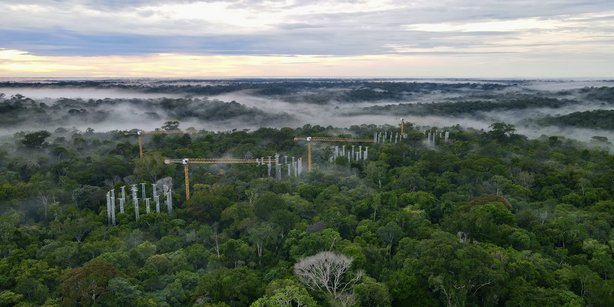New Christian Doppler Laboratory Headed by Michael Zumstein Opens its Doors

Michael Zumstein, associate professor at the Institute of Environmental Geosciences and ECH member, is taking over as head of the new Christian Doppler Laboratory for Biological Degradation of Water-Soluble Polymers at CeMESS at the University of Vienna. Christian Doppler Laboratories aim to conduct high-level, application-oriented basic research – Zumstein’s research team will provide important insights into the development of sustainable strategies for dealing with water-soluble polymers.









